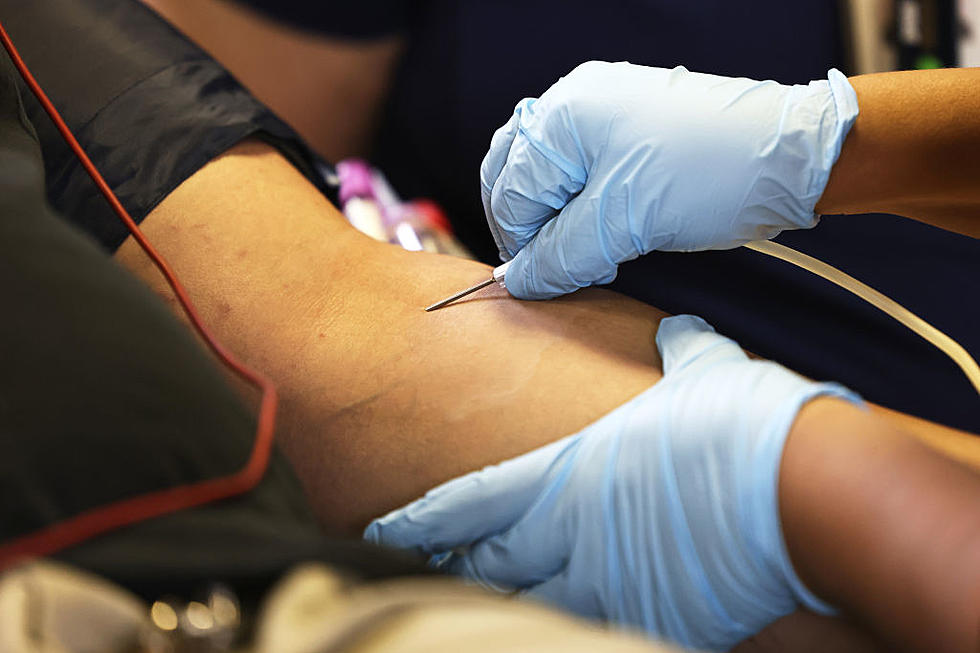
Zeka Virus Forces Red Cross Changes in Blood Donations
Because of the outbreak of the Zeka blood virus, the American Red Cross is asking anyone who's traveled to Latin America or the Caribbean in the last 28 days to refrain from donating. These new restrictions and procedures are being implemented nationwide for blood donations.
The Zeka mosquito-borne virus doesn't yet have a 'commercially' available test, like the ones used by the Red Cross for a wide variety of other mosquito spread pathogens.
Canadian officials have set a time limit of 21 days. The virus is believed to linger in the blood for 28 days. Because the disease is not yet traveling through mosquitoes in the Continental U.S. yet, or has not yet been found to, the chance of getting Zeka through a blood transfusion is very small, say medical experts.
But officials with the CDC (Centers for Disease Control) say the 28-day Latin-Caribbean 'ban' on blood donations is "prudent." According to USA Today by way of Northwest Cable News:
" Policies could change as scientists learn more about the virus, said Kristy Murray, director of the Laboratory for Vector-Borne and Zoonotic Diseases at Baylor College of Medicine and Texas Children's Hospital in Houston."
In previous outbreaks of the Zeka virus, officials have found numerous people who contracted it didn't show any symptoms. While it's been found in other parts of the world, Zeka is new to the Western Hemisphere. Brazil is now facing what officials say is an "epidemic" outbreak, which some say could threaten the security of the upcoming Summer Olympics.
More From 870 AM KFLD









